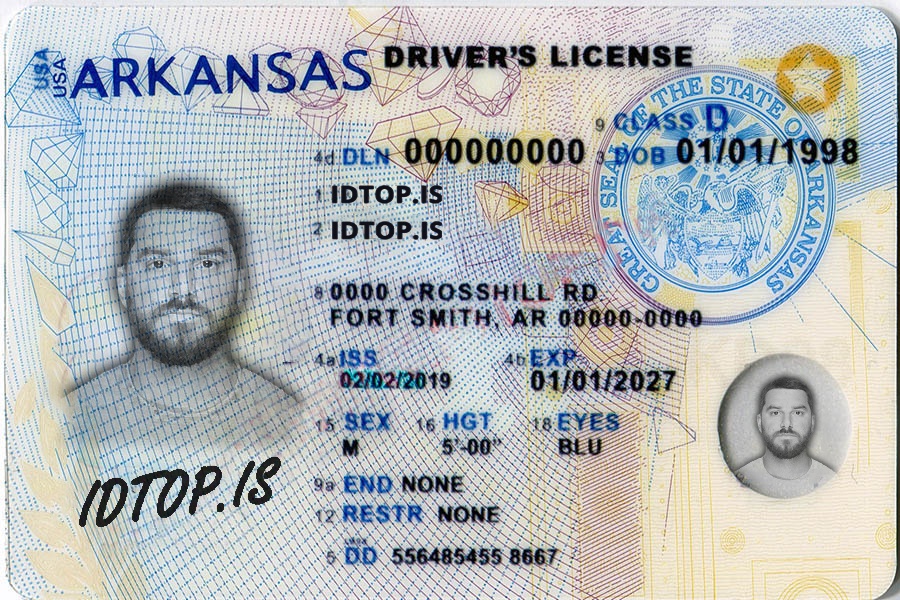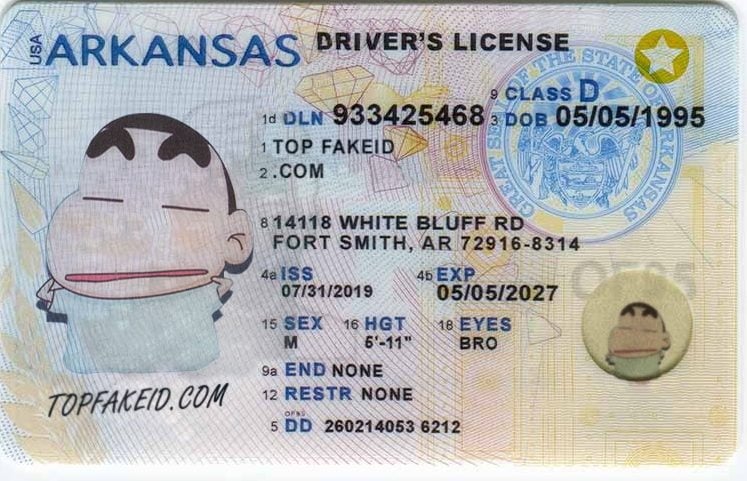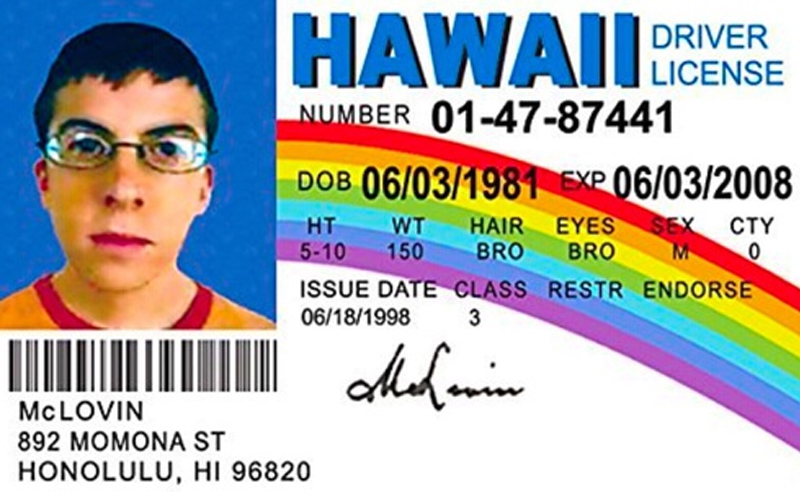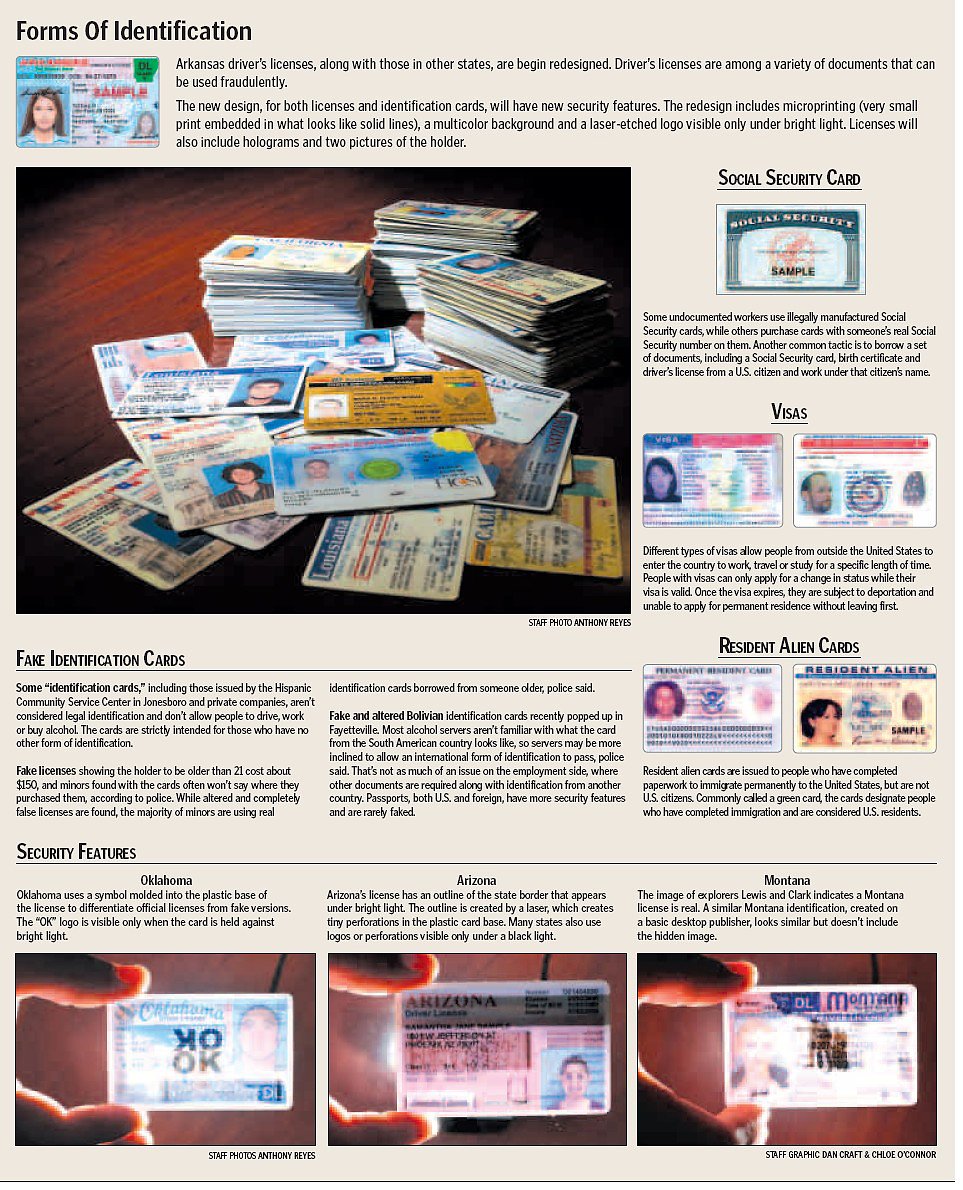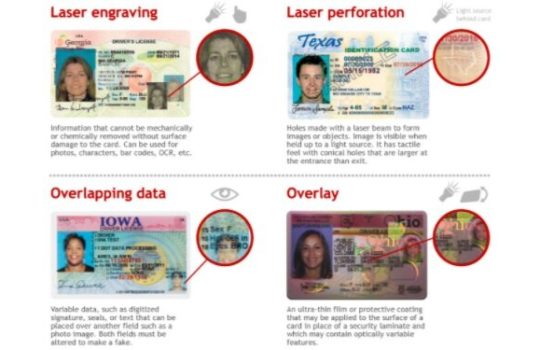Arkansas Fake Id Charges
2023-07-18 2023-07-18 15:35Arkansas Fake Id Charges

Arkansas Fake Id Charges
Germany Fake Id
Idaho Fake Driver License
Vietnam Fake Passport
Washington Fake Driver License
Title: Arkansas Fake ID Charges: Understanding the Implications and Legal Consequences
Introduction:
In today’s technologically advanced society, the prevalence of counterfeit identification documents is a growing concern. Fake IDs can be used for a range of unlawful activities, including providing minors access to alcohol, participating in fraud, or engaging in other illegal endeavors. Each state has specific laws and penalties tailored to address the possession, creation, and use of counterfeit identification documents. This article will delve into the specifics of Arkansas fake ID charges, including the legal consequences and potential impact on individuals.
Arkansas Fake ID Laws:
Under Arkansas law, possessing or using a fake identification document is a serious offense. The state defines a fake ID as any identification document, including driver’s licenses or identification cards, that have been falsified, altered, forged, or duplicated. These laws aim to curb underage drinking, control access to age-restricted venues, and combat identity theft and fraud.
Possession of a Fake ID:
Possession of a fake ID in Arkansas is a misdemeanor offense. If caught with a counterfeit identification document, the individual may face penalties such as fines, probation, community service, and even imprisonment. The severity of the punishment depends on the specific circumstances, including the individual’s criminal history and the intended purpose of the fake ID.
Providing False Information to Obtain a Fake ID:
Arkansas law makes it illegal to provide false information for the purpose of obtaining a fake ID. This offense is considered a felony, carrying more severe penalties. If found guilty, individuals may face longer-term imprisonment, hefty fines, and a permanent criminal record that can have lasting negative consequences on their personal and professional lives.
Using a Fake ID:
Using a fake ID in Arkansas is also a crime and is often associated with underage drinking or gaining illegal entry to age-restricted venues. Depending on the circumstances, this offense can result in misdemeanor charges, leading to potential fines, probation, community service, and even possible imprisonment. Repeat offenses may lead to harsher penalties.
Selling or Manufacturing Fake IDs:
The manufacture, sale, or distribution of counterfeit identification documents is dealt with severely under Arkansas law. Engaging in such activities is a felony offense and can result in substantial fines, lengthy imprisonment, and the creation of a permanent criminal record. Those involved may also face additional charges related to identity theft or fraud.
Consequences and Collateral Damage:
Being charged with a fake ID offense in Arkansas can have serious implications on an individual’s life beyond immediate legal penalties. A criminal record can restrict future educational and employment opportunities, limit travel options, and impede financial matters such as securing loans or attaining housing. Scholarships and other financial aid options may also be affected.
Legal Defense Strategies:
When facing fake ID charges in Arkansas, seeking legal representation is vital to ensure a fair trial and minimize potential consequences. Experienced attorneys can evaluate the case based on the details, potential constitutional violations, and the strength of the evidence. Defense strategies may include challenging the legality of the search and seizure, questioning the authenticity of the evidence, or negotiating plea bargains to reduce charges and penalties.
Prevention and Education:
To address the issue of fake IDs effectively, prevention and education strategies are crucial. Educational institutions, law enforcement agencies, and community organizations should collaborate to develop programs that raise awareness about the legal consequences and risks associated with fake identification documents. These programs can provide information about responsible alcohol consumption, the impacts of identity theft, and alternatives to acquiring fake identification.
Conclusion:
The possession, use, manufacture, or distribution of a fake ID in Arkansas carries serious legal consequences. Understanding the state’s laws and the potential punishments can act as a deterrent for individuals contemplating engaging in such activities. Investing in prevention measures and education can help address the root causes of counterfeit identification documents, reduce their circulation, and protect individuals from the long-term consequences associated with fake ID charges.